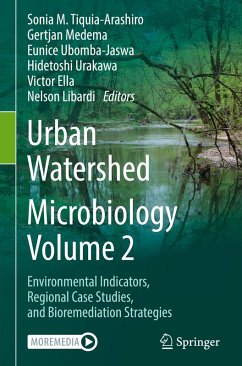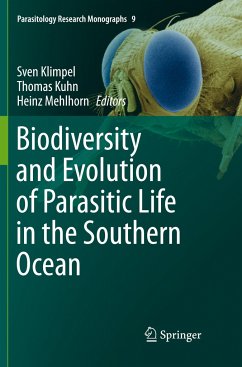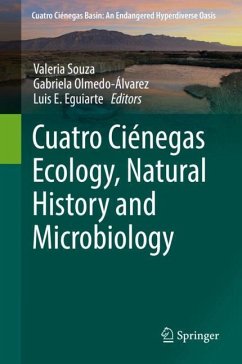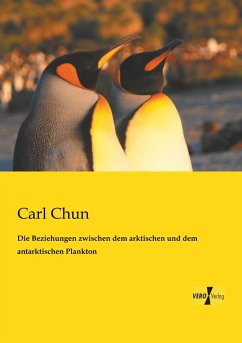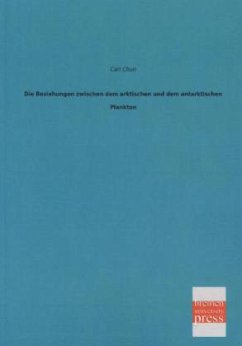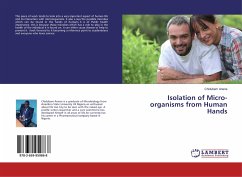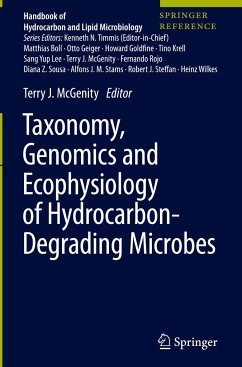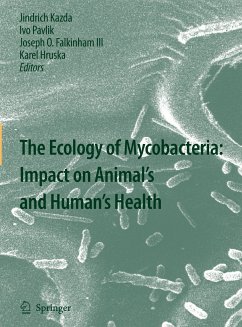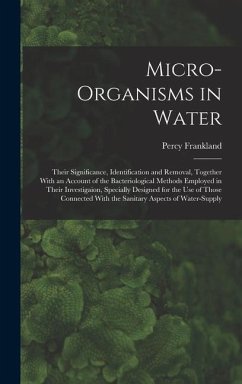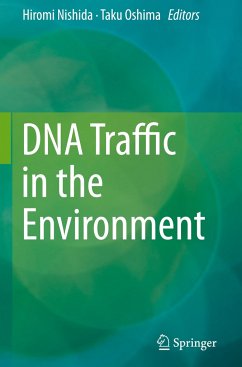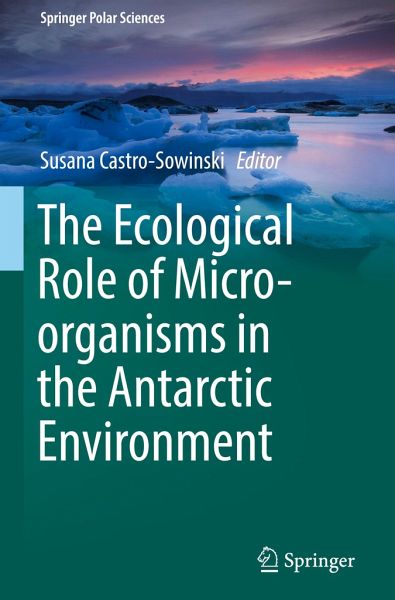
The Ecological Role of Micro-organisms in the Antarctic Environment

PAYBACK Punkte
61 °P sammeln!
This book provides up-to-date multidisciplinary information regarding microbial physiological groups in terms of their role in the Antarctic ecology. How do microorganisms shape the Antarctic environment? The book presents a thorough overview of the most important physiological microbial groups or microbial systems that shape the Antarctic environment. Each microbial model is described in terms of their physiology and metabolism, and their role in the Antarctic environmental sustainability. The individual chapters prepare readers for understanding the relevance of the microbial models from bot...
This book provides up-to-date multidisciplinary information regarding microbial physiological groups in terms of their role in the Antarctic ecology. How do microorganisms shape the Antarctic environment? The book presents a thorough overview of the most important physiological microbial groups or microbial systems that shape the Antarctic environment. Each microbial model is described in terms of their physiology and metabolism, and their role in the Antarctic environmental sustainability. The individual chapters prepare readers for understanding the relevance of the microbial models from both an historical perspective, and considering the latest developments. This book will appeal to researchers and teachers interested in the Antarctic science, but also to students who want to understand the role of microbes in the ecology of extreme environments.



